Blanes Solidari is an organization that has been involved in many social causes and has worked to promote diverse organizational spaces over its almost three decades of existence.
The fight for equal rights, the defense of human rights, the solidarity support for migrants and refugees and the battle against racism and xenophobia have marked the work of Blanes Solidari since it was founded almost thirty years ago thanks to a group of committed neighbors of Blanes. We review the trajectory and current situation of the organization with three of its members: Tasio Pulido, Núria Llorens and Joan Rius.
Blanes Solidari was born in 1992, when the issue of migrants was less relevant than in recent years.
Tasio Pulido (T.P): True, but at that time there was already a significant migratory movement throughout the Maresme and Costa Brava area, especially of people who went to work in farming. And we realized that very complicated situations were happening with these people: their rights were not respected and they lived in situations of extraordinary precariousness, from the point of view of work and many others.
And you decided to act.
T.P: A group of citizens of Blanes, among whom were people from communities such as Senegalese or Gambian, among others, we decided to promote an entity focused on three aspects: equal rights; support for migrants and groups; and work for international cooperation and solidarity. The result was Blanes Solidari.
What were the first steps of the organization?
T.P: The first was to get a space to meet and develop our activities. And, on the other hand, we focused on promoting the Objective 0.7% campaign, which had promoted Justícia i Pau and was beginning to be very relevant among other entities. We took it as a challenge and set out, not so much because we considered 0.7% to be the solution to all problems, but because we thought it was an important tool for raising awareness.
One of the characteristic features of the organization has been the impetus and support for the associationism of groups of migrants.
T.P: We never set ourselves the goal of being a very large entity, with a lot of resources or anything like that. Rather, we wanted to be a driving force behind the associationism that we felt should grow among migrants. In other words, we have always promoted the associationism of migrants in order to empower them so that they themselves can develop their own process of vindication and internal growth.
In this way, we helped to promote organizations such as the Casal de Cuba, an association of Uruguayans, another of Chileans, the solidarity association of African forces, etc.
What are the main difficulties that newcomers face?
T.P: Obviously, the first problem has to do with regularization, which is very much related to the issue of registration, which we have worked on a lot from the entity. And, of course, the issue of health care and housing, which is a brutal issue right now. From there, there is a whole series of serious situations of precariousness, to which the system does not know how to give an adequate response. The problems are many and persist over time, and will only end and can be resolved with regularization.
Núria Llorens (N.L): Apart from all these problems, we are seeing the development of networks, made up of people from here but also migrants, who are trying to take advantage of these situations of vulnerability. We’re talking about labor exploitation, networks that illegally occupy flats and rent them out to people in great need… And the problem is that the administration is looking the other way.
Joan Rius (J.R): I would also add the problem of misinformation that migrants have when they get here. Although they often have relatives and friends here, when they come they know almost nothing. They have no idea how they can be registered, because it is important to do so… Many times they have been told that this is land of Cockaigne, and I really think things would be different for them if they came more and better informed.
And many are coming through a very difficult migration process and are facing a bureaucratic maze.
J.R: If they manage to register, three years of crossing the desert awaits them: precarious and undeclared work, obstacles for everything…
T.P: And in this context, the digital divide is also very important, which is very beastly and affects migrants a lot, who are the ones who have the least resources to deal with this lack. And the pandemic has gotten a lot worse, the difficulties in getting the attention of the administrations have multiplied.
Do you think that the administration is not doing enough to guarantee the rights of people who come to Catalonia?
T.P: The rights of these people are not respected, of course. We have always advocated that a process of mass regularization is urgent, and that is why we have joined the RegularizaciónYa campaign as an entity to carry out a Popular Legislative Initiative (ILP) in this regard. In Blanes, as a result of the work of the entities, it was possible to resolve the issue of registration, but the problem still persists in many municipalities.
Has Catalonia improved in recent years as a host society?
T.P .: There have been improvements on paper, but the basic problem remains the same: an immigration law that is absolutely bad in every way for migrants. It is a vicious circle: without papers there is no work and without work there are no papers.
It is urgent to resolve this issue. They've been patched up, but they're not responding to an extensive and intense issue. And since the creation of Blanes Solidari, the arrival of migrants has increased, and therefore the problems have multiplied.
Is there still a lot of pedagogy to be done in society on this issue?
J.R .: Is that if it is not done, there are a whole series of groups that would be invisible, and this is a big problem. And I, on the other hand, think that the fact that migrants arrive, unfortunately, fits very well into an economy such as Catalonia and Spain.
We are told that regularization is not done by the call effect, but we all know that there are many interests in keeping things as they are to continue to feed such powerful sectors as construction, agriculture and tourism, which would have much more difficult without people in unreported employment. It is the handicap of the structure of this country.
Do all these obstacles to newcomers add racism and xenophobia?
N.L: I think so, and I'm afraid the situation will get worse. When people are asked to get involved, to get involved in defending the rights of migrants, they often back down and are afraid. I don't know where this fear comes from, but that's the way it is. And that encourages ghettos to form and everything gets worse. I also think we need to be aware of all that these people can bring to us.
J.R .: One might think that we are not a racist society, but there are issues that show us that this is not the case. I cite a couple of them: the difficulties these people have in getting someone to sign their first employment contract, even though they have been here for three years; and how difficult it is for them to find housing, which they can access on a lease. There does not seem to be any racism at the institutional or social level, but when it comes to the truth, the reality is very different.
N.L: There are real estate agents who tell you that they are restricted from renting homes or rooms to migrants, and they also verbalize it with these words.
T: Q: Racism manifests itself in many ways. I think it's a product of fear of others. And it can often be hidden under a paternalistic conception. That is why we must be very careful and be permanently in a self-critical position, racism can occur at any time and in any of us.
This is a Blanes Solidari struggle; other than 0.7, what others have you been involved in?
T.P: We have participated in many campaigns, against external debt; against armaments; to protest the various wars that have been fought, the most significant being that of Iraq; in favor of equal rights, the right to vote… We have also worked hand in hand with other entities such as SOS Racism, to name one.
Another leg of your work is international cooperation, what is your vision?
T.P: The approach is always to empower local communities. Currently, the most important projects we have underway are in Palacagüina (Nicaragua) and Senegal, where we are working to achieve women’s empowerment and they are working very well. The trend is always to work to promote local empowerment and community development.
In Catalonia, as a result of the pandemic, you set up a solidarity pantry.
J.R .: During the first confinement we were in a lot of contact with the migrant community and we already saw the difficulties that many people would have coming. So we picked up and bought food and then distributed it to the most vulnerable people. We also had the collaboration of some companies and a group of volunteers was formed who managed to distribute a lot of food for three months.
In a situation as disastrous as this, we brought our grain of sand. Everything was done in close collaboration with migrant groups, who knew better than anyone what their needs were.
T.S: After these first three months, the main goal was for all the people who had difficulties, who were still many, to be able to access the Food Bank run by other entities such as Caritas or El Bon Samarità, among others. It was a very interesting experience because it allowed us to grasp first hand the difficulties faced by whole families.
You also have the Servei d’Acompanyament Solidari per a la Cohesió i la Inclusió (ASCI).
T.P: It is a free service for migrants to advise them on bureaucratic issues and accompany them in various situations, such as going to the doctor. It used to be an open-ended service, but recently we've limited it to pre-arranged appointments, basically because we're getting older and tired.
And promote the xarxa Solidària (Solidarity Network) with migrants and refugees, what is it about?
J.R .: It all came about in 2018, in the wake of the closures of migrants to demand regularization. In Blanes, the closure was first carried out in the recreation area of the parish and then moved to an occupied premises that was empty and owned by a bank. At one point it seemed that everything would end badly and from Blanes Solidari we proposed to the assembly of the closed a project of housing alternative, support and social inclusion that was finally approved.
The project was presented to the Taula de Benestar i Comunitat and we got Dipsalut to subsidize it. With this we managed to rent three flats to get people out of the enclosure, about 18 people. From here, we follow up and it is a project that we have underway.
How can we collaborate with Blanes Solidari?
T.P: The best way is to help by volunteering. We are an organization that has never worked with great economic ambitions and we have never asked people to participate financially, except on very specific issues. Basically, what we’re interested in is networking and continuing to do what we do, but that’s why we’re interested in having people willing to take over from Blanes Solidari and join the organization.
Is it hard to find this generational handover?
T.P: The truth is that yes, we have difficulties in this regard. Equally, we do see that there are new entities that are emerging, such as Sostre i Dignitat to name one, to which we are giving the maximum possible support so that in the future they can continue our work. After all, the name of the organization does not matter, the only thing that matters is that the work continues and that there is continuity.
Obviously, the ideal would be to find a replacement in Blanes Solidari, with new people who bring a new temperament and new ideas, but I insist that the important thing is to continue with the task. In the end, generational distance is a reality.
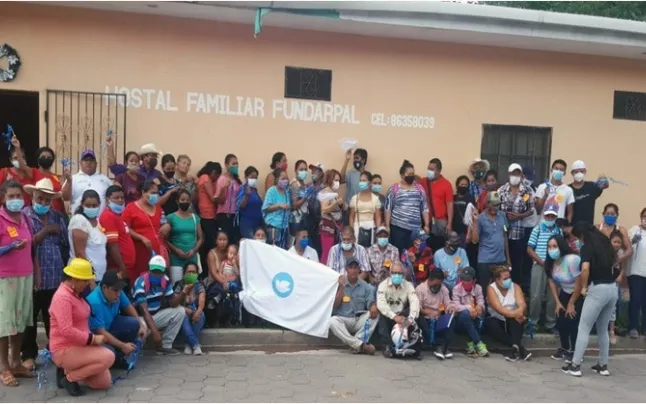
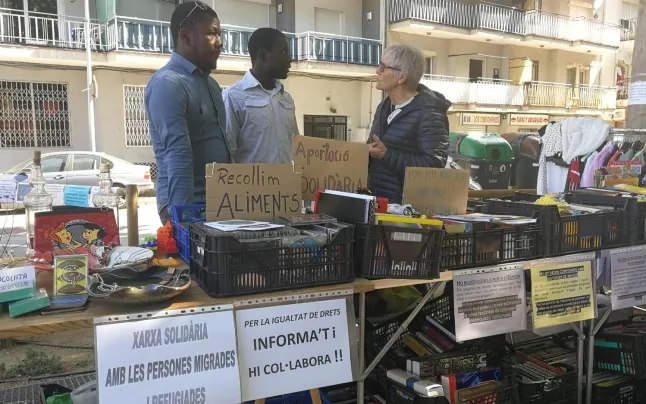
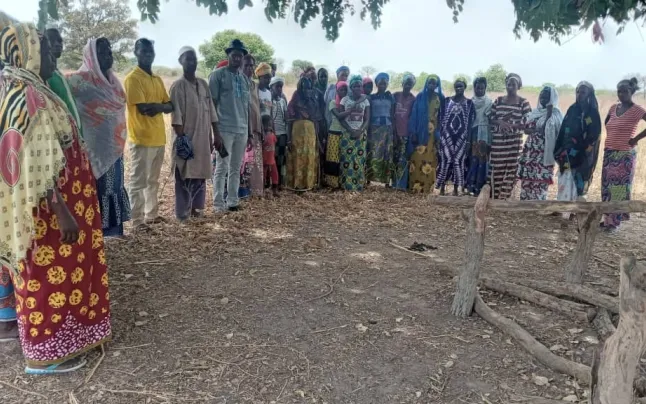



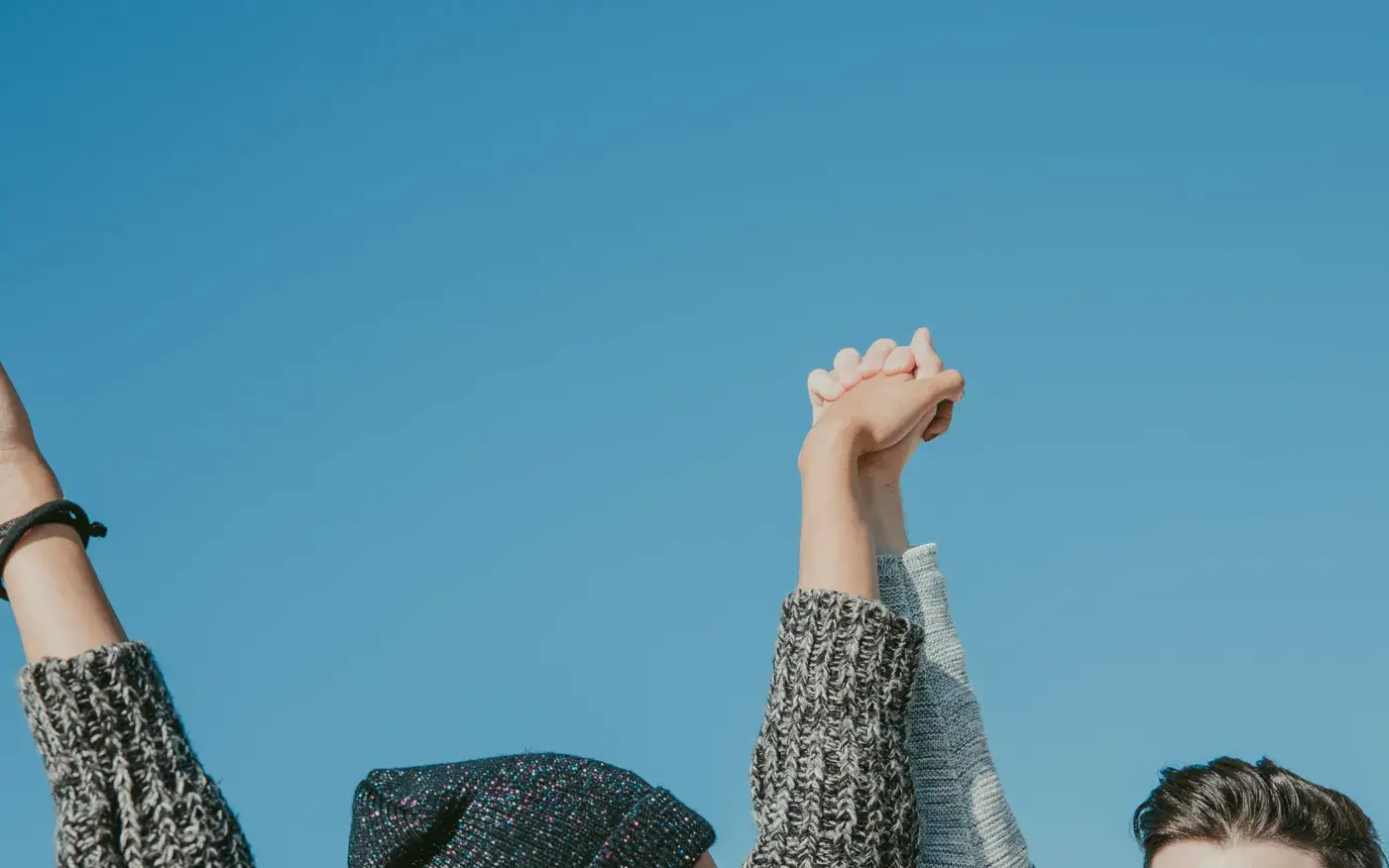
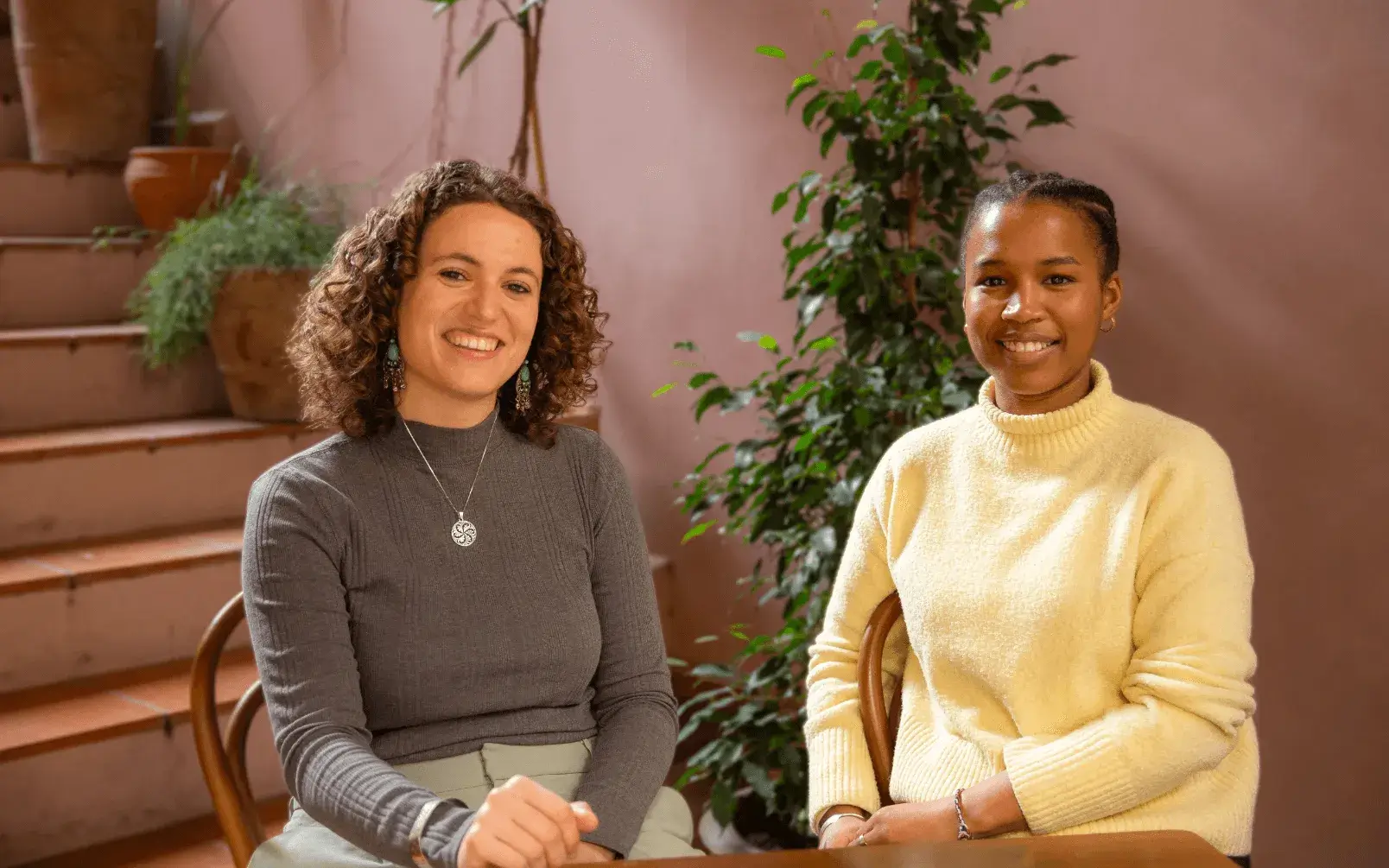
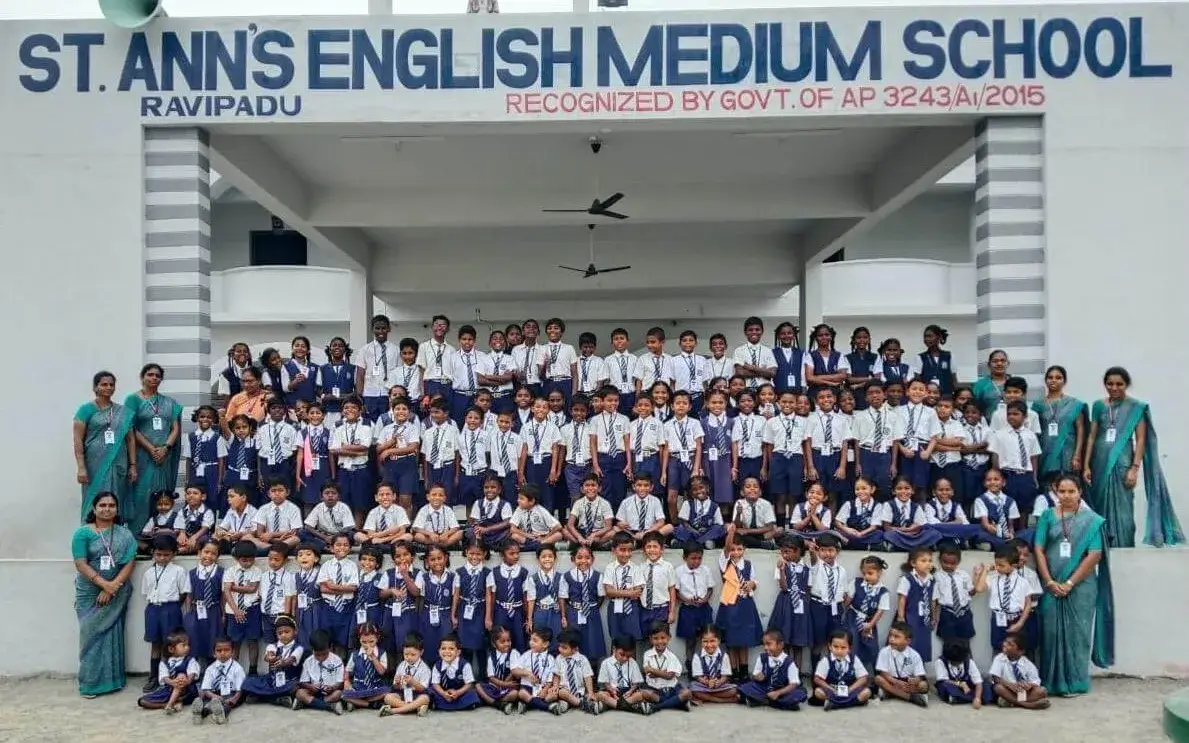
Add new comment